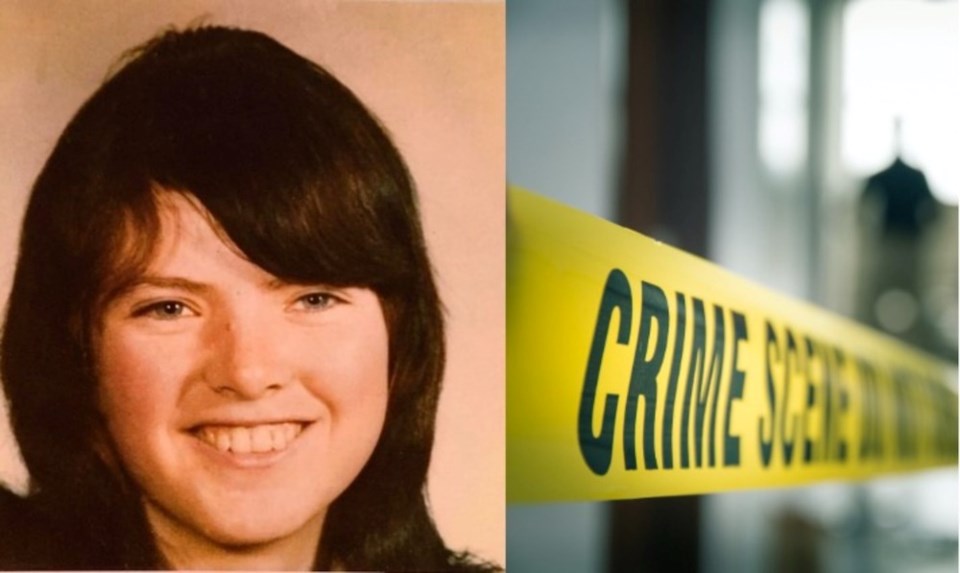Shelley was only ten when her aunt, Barbara Ann Larocque, was murdered on Dec. 10, 1974, but she remembers her visits. “She was always the centre of attention. She was always happy and smiling. Auntie was just living the ’60s—free, groovy, enjoying life,” says Shelley. “She had beautiful thick, dark hair, the most vibrant smile, and a laugh that my brother said always resonated with him.”
Twenty-two-year-old Barbara was dragged into a car outside the Syndicate Club on Howe Street where she worked as a go-go dancer. Her body was found days later in Langley—she had been strangled with her own scarf. “People need to know that she was somebody and that people loved her,” says Shelley. “The family called her Baby Dolly because she looked like a doll, with big bright eyes and curly hair.”
Barbara was the seventh oldest of 13 siblings. She lived in a suite in an East Â鶹´«Ã½Ó³»heritage house, and her death certificate says she was a restaurant waitress from Swan River, Manitoba. The police theory was that Barbara’s death was the result of a contract killing. “My mother was informed by police that they thought Barbara’s murder was a hit, that she had seen or heard something she should not have,” says Shelley.
People who remembered Barb or Barbie, as she was known to them, told me she was a tall, beautiful young Indigenous woman who had a bubbly laugh and was always positive, kind, and cheerful, no matter what life threw her way. Lynda Parrish met 16-year-old Barbara in 1968, when they were tossed into the Willingdon School for Girls—a pleasant name for a juvenile detention centre that locked up and warehoused young girls. “Barb was very beautiful,” she says. “She was a gentle girl. Barb could make you laugh. She was really fun.”
In 1960, former B.C. premier Dave Barrett was a 30-year-old social worker newly elected as an MLA. He found that the Willingdon girls were taught little that could be applied to the outside world, and follow-up services were pathetically inadequate. More than half of the girls were sent there for “incorrigibility,” which could mean anything from talking back to their parents to running away from an abusive home. Barrett eventually got the institution closed in 1974, arguing that for these girls, it was a road to “drug addiction, prostitution, and alcoholism.”
Barbara Larocque’s murder file was originally with Langley RCMP but was moved to the Unsolved Homicide Unit at some point. And there it languishes.
If you have any information about Barbara Larocque's unsolved murder, please contact Crime Stoppers at 1-800-222-8477.
Eve Lazarus is a reporter and author, and she hosts and produces the true crime podcast. Her books include the B.C. bestsellers Murder by Milkshake, Cold Case Vancouver, and Â鶹´«Ã½Ó³»Exposed. This is an excerpt from Eve’s latest book .





